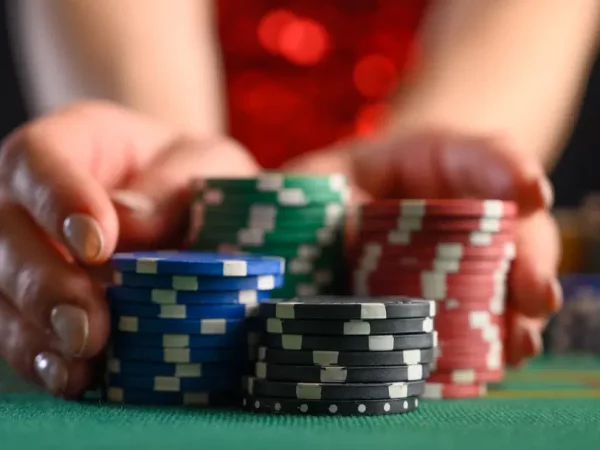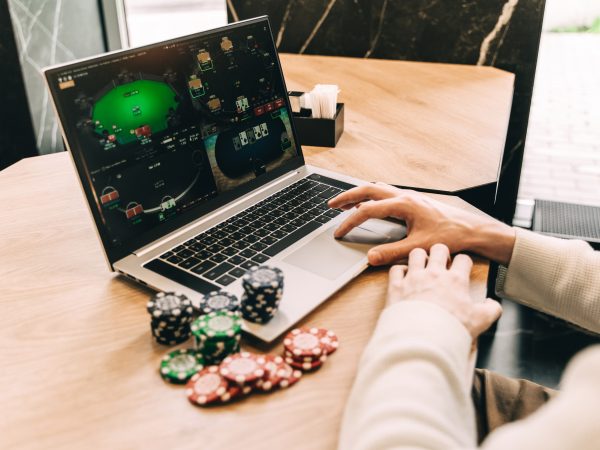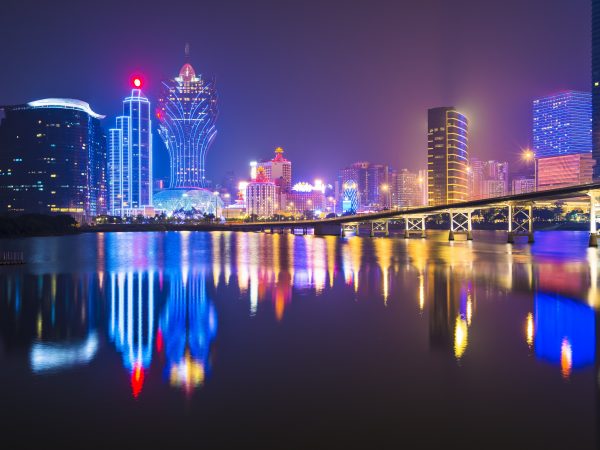Why Macau Became the Gambling Capital of the World?
Macau has a long and rich history as a center of gambling and gaming. It is sometimes called the “Monte Carlo of the Orient.” Macau was the first and last European colony in China. It was a Portuguese colony from 1557 to 1999. Macau became a Special Administrative Region of China in 1999.
Macau has always been famous for its casinos and gambling. Gambling was first legalized in 1847. The first casino opened in 1862. Since then, the gambling industry has grown steadily. Today, there are more than 30 casinos in Macau. They are all located on the Macau peninsula.
The gambling industry is the main source of revenue for Macau. It contributes about 50% of the government’s revenue. Tourism is also an important industry in Macau. More than 24 million visitors came to Macau in 2014. Many of them are from Mainland China.
The success of the gambling industry has made Macau the richest region in China. Its per capita income is about five times that of Mainland China. The average life expectancy in Macau is also the highest in China.
The gaming industry in Macau has been booming since 2002. The number of casinos has doubled since then. The revenue from gaming is now more than six times what it was in 2002. This growth is due to the increasing number of visitors from Mainland China.
Mainland China has a growing middle class with more disposable income. They are attracted to Macau’s casinos and resorts. They are also attracted by the city’s reputation as a safe and stable place to gamble.
The government of China has been encouraging its citizens to gamble in Macau. It sees gambling as a way to boost the economy and create jobs. The government has also been working to make it easier for Mainland Chinese to visit Macau.
There are some concerns about the future of the gambling industry in Macau. The Chinese government is cracking down on corruption and money laundering. This could lead to fewer visitors from Mainland China. The government is also trying to control the flow of money into and out of Macau. This could have a negative impact on the gambling industry.
Casino Establishments in Macau
Macau is home to many casino establishments, both large and small. The most famous casinos in Macau are the Venetian Macao, the Wynn Macau, the Galaxy Macau, and the Lisboa Casino.
The Venetian Macao is the largest casino in the world, with over 3,000 slot machines and 800 gambling tables. The casino is located in the Cotai Strip, a man-made island in Macau. The Venetian Macao is owned by the Las Vegas Sands Corporation.
The Wynn Macau is another large casino in Macau, with over 600 slot machines and 300 gambling tables. The Wynn Macau is located in the Macau peninsula. The casino is owned by Wynn Resorts, a company based in Las Vegas, Nevada.
The Galaxy Macau is a casino resort located on Cotai Strip. The resort has over 2,200 hotel rooms, a convention center, and a shopping mall. The Galaxy Macau also has a water park and an indoor skydiving facility. The casino is owned by Galaxy Entertainment Group, a company based in Hong Kong.
The Lisboa Casino is located in the historic center of Macau, near Senado Square. The casino has over 700 slot machines and 500 gambling tables. The Lisboa Casino is owned by Stanley Ho, a billionaire from Hong Kong.
Gambling in Macau
Gambling in Macau has been legal since the 1850s when the Portuguese government legalised the activity in the autonomous colony. Since then, Macau has become known as the “Gambling Capital of the World” or “Monte Carlo of the Orient”. The city’s casinos are world-famous, and gambling revenue contributes significantly to the economy.
There are currently 34 casinos operating in Macau, including the Venetian Macao, Wynn Macau, MGM Macau and Galaxy Macau. Casino gaming revenue in Macau was MOP$265.7 billion (US$33.4 billion) in 2013, an increase of 18.6% over 2012. This made Macau the largest gambling market in the world, surpassing Las Vegas which recorded US$6.3 billion in gambling revenue in 2012.
Macau’s gambling industry is also a major employer – it is estimated that there are around 27,000 people employed in the casino sector. In addition to casinos, there are also numerous greyhound racing tracks and off-track betting facilities.
The government of Macau is committed to ensuring that gambling is conducted in a fair and orderly manner, and has put in place a number of measures to achieve this. For example, all casinos must be licensed by the Gaming Inspection and Coordination Bureau, and all casino employees must hold a valid work permit.
The government also imposes a strict dress code for casino employees, and all casinos must have a minimum of two security guards on duty at all times. In addition, all casinos must have CCTV cameras installed and operational at all times.
The legal age for gambling in Macau is 21, and ID checks are strictly enforced by casino staff. Visitors from mainland China are required to present their passports when entering a casino, and may only stay for a maximum of 24 hours.
Despite the strict regulations, there have been a number of high-profile cases of cheating and other illegal activity at Macau’s casinos. In 2014, 14 people were arrested for their involvement in a scheme to cheat Wynn Macau out of HK$180 million (US$23 million). The group used hidden cameras and electronics to record the faces of cards being dealt, and then transmitted this information to an accomplice who was placing bets remotely.
In another case, three men were arrested for their involvement in a scheme to mark cards at the Venetian Macao. The men were caught after casino staff became suspicious of their winnings and reviewed CCTV footage of them playing blackjack.
Despite these incidents, Macau’s casinos are generally safe and secure places to gamble. With its world-class facilities and commitment to regulation and security, Macau is sure to remain the gambling capital of the world for many years to come.







